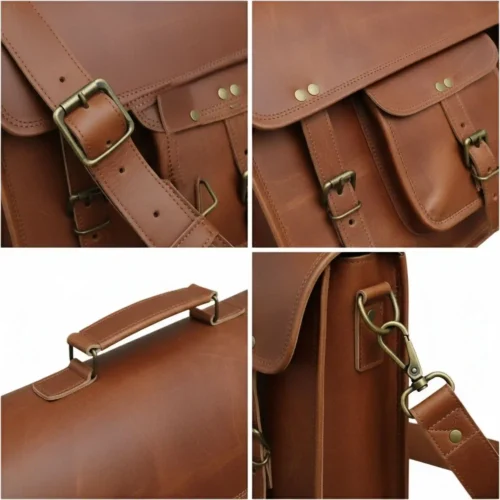
🚛 FREE SHIPPING | LIFETIME REPAIR WARRANTY | 20% Sale: “NEWYEAR20”
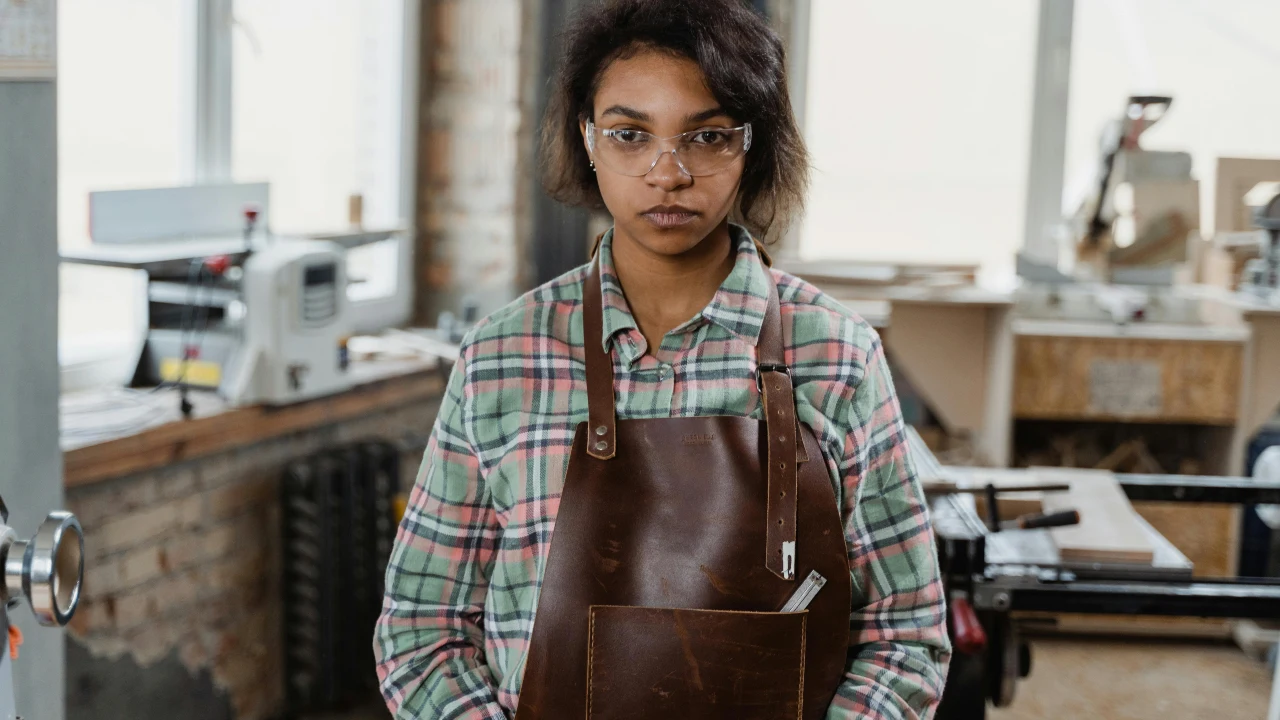
When it comes to types of aprons, the options are varied to suit different needs and preferences. From classic bib aprons to waist aprons and cobbler aprons, there’s a style for every purpose. The best fabric for aprons depends on the intended use; cotton is popular for its durability and easy care, while linen offers a more sophisticated look. Leather aprons, though less common, provide exceptional durability and style, ideal for heavy-duty tasks. Understanding the types of apron styles and the best fabric for aprons ensures you find the perfect fit for your culinary or crafting adventures.
Aprons are protective garments worn over clothing to shield against stains and spills. They come in various types, each serving specific purposes. Common types of aprons include bib aprons, waist aprons, and cobbler aprons, each offering coverage tailored to different tasks. The best fabric for aprons depends on the intended use; cotton is ideal for its breathability and ease of washing, while polyester blends offer durability.
One distinctive type of apron is the leather apron, revered for its robustness and resistance to heat and chemicals, making it favored in industrial settings. Aprons find utility across diverse fields such as cooking, gardening, crafting, and healthcare. In kitchens, aprons protect against spills and splatters, while in workshops, they safeguard from sharp tools and debris. Crafters use aprons to keep materials close at hand, and healthcare workers utilize them for sanitation purposes. Versatile and practical, aprons are indispensable in maintaining cleanliness and comfort in various activities.
Kitchen Aprons
In the realm of culinary pursuits, kitchen aprons are indispensable. They come in various types, from classic bib aprons to stylish waist aprons, tailored to different needs. The best fabric for aprons in the kitchen is often cotton, offering comfort and easy maintenance amidst culinary chaos. Aprons shield against spills and stains, preserving clothing during cooking endeavors. A leather cooking apron is a rugged yet stylish choice, offering durability and protection from heat and grease. Whether for home cooks or professional chefs, the usage of apron in the kitchen ensures cleanliness and ease while preparing delicious meals.
Chef Aprons
When it comes to chef aprons, types abound to suit various needs and preferences. From classic bib aprons to trendy waist aprons, there’s something for everyone. Consider the best fabric for aprons; cotton is popular for its breathability and easy maintenance, while polyester blends offer durability. For specialized tasks like welding, a leather welding apron provides superior protection. Whether opting for traditional cotton bibs or stylish denim waist aprons, the choice depends on comfort and functionality. Exploring the diverse types of apron fabrics ensures chefs find the perfect balance of style, comfort, and practicality in their kitchen attire.
BBQ Aprons
When gearing up for barbecue sessions, the right types of aprons can make all the difference. From full-length bib aprons to versatile waist aprons, there’s a style to suit every griller’s preference. Consider the best fabric for aprons; cotton blends offer comfort and breathability, while durable polyester resists stains and wear. For serious grill masters, a leather workshop apron provides rugged protection against heat and grease. Exploring the diverse types of apron designs ensures barbecue enthusiasts find the perfect balance of style and functionality, keeping them comfortable and clean during their outdoor cooking adventures.
Gardening Aprons
Aprons serve as indispensable tools for gardeners, offering protection and convenience during various tasks. From lightweight waist aprons to rugged bib aprons, there are diverse types of aprons tailored to gardening needs. These aprons shield clothing from dirt, moisture, and thorns while providing pockets for tools and seeds, enhancing efficiency and organization in the garden. When considering the usage of apron, it becomes evident that they are essential for keeping gardeners comfortable and clean during planting, weeding, and harvesting. For heavy-duty tasks like woodworking, a durable leather woodworkers apron ensures maximum protection against splinters and sharp tools.
Art Aprons
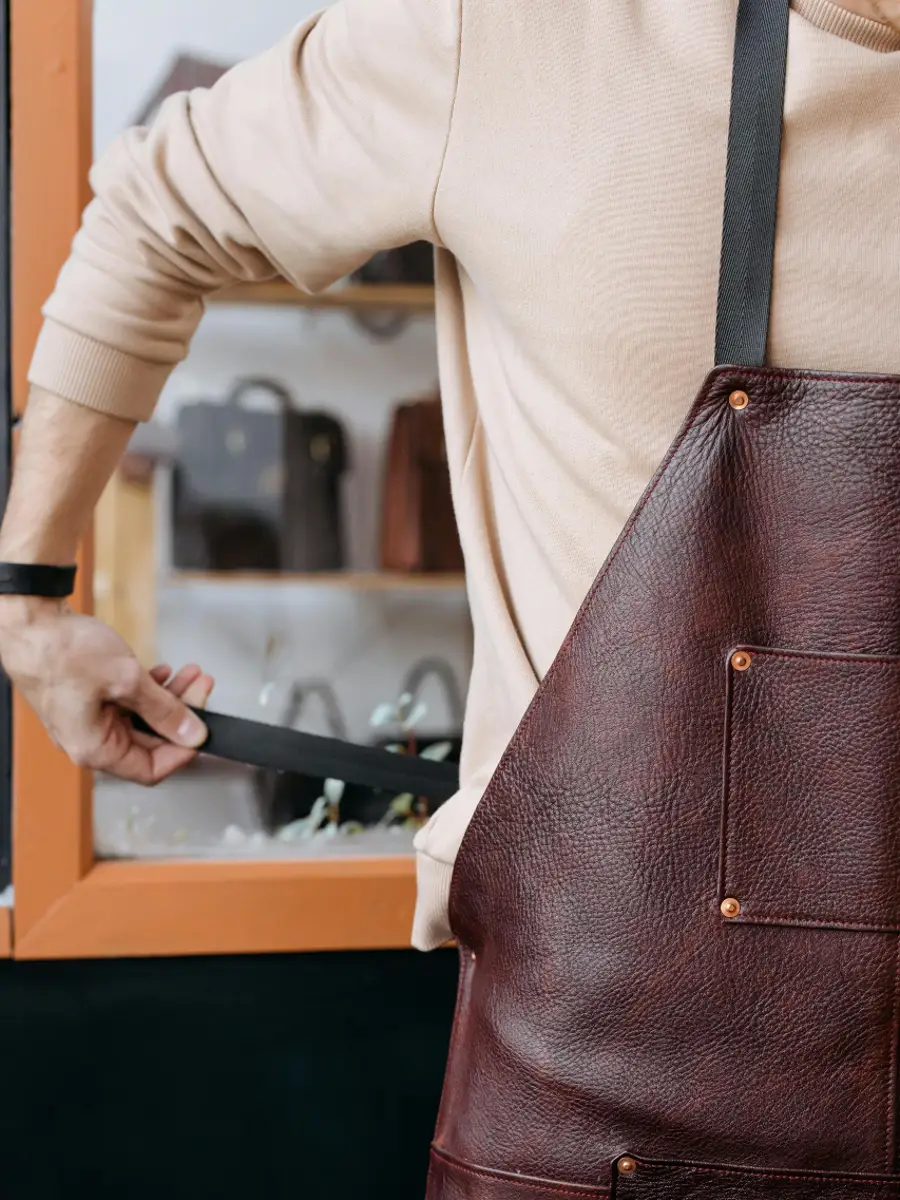
Types of aprons designed for artists come in various styles to accommodate different preferences and needs. From classic bib aprons to trendy smock aprons, there’s an option for every artist. Consider the best fabric for aprons; canvas offers durability and easy cleaning, while denim provides a stylish yet rugged option. The usage of apron in art studios is multifaceted, protecting clothing from paint splatters and stains while providing convenient pockets for brushes and tools. For artists seeking robust protection, a leather butcher apron offers durability and style, ensuring they can fully immerse themselves in their creative process without worrying about their attire.
Welding Aprons
Welding aprons come in diverse types of aprons tailored to the specific needs of welders. From full-length bib aprons to split-leg aprons, there’s an option for every welding task. Consider the best fabric for aprons; leather provides unparalleled durability and protection against sparks and heat, while canvas offers a more lightweight alternative. The usage of apron in welding is crucial for shielding the body from burns, sparks, and metal fragments, ensuring safety and comfort during work. Exploring the different types of leather available for welding aprons further enhances options, allowing welders to select the most suitable material for their needs.
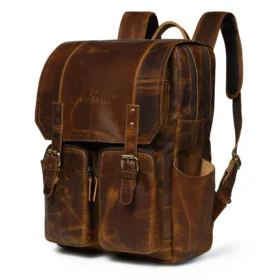
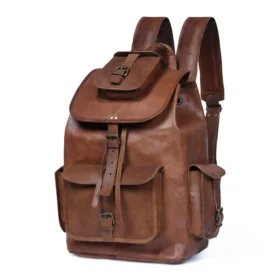
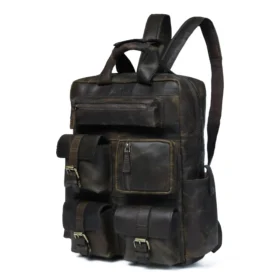
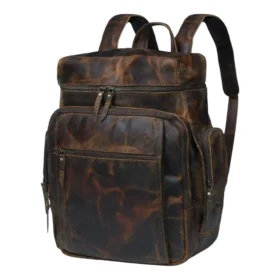
Butcher Apron
Aprons serve as indispensable attire, and the types of aprons designed for butchers cater to their specific needs. From classic bib styles to sleek waist aprons, there’s a variety to choose from. The best fabric for aprons in this field is often heavy-duty cotton or polyester blends, offering durability and easy cleaning to withstand the rigors of meat processing. Aprons are garments worn over other clothing, serving to protect the wearer’s attire from stains, spills, and potential hazards. In the butcher’s trade, the usage of apron is crucial for maintaining hygiene standards and ensuring the cleanliness of meat products throughout handling and preparation.
Workshop Apron
Aprons are indispensable garments, and in workshops, they come in various types of aprons to suit different tasks. From full-coverage bib styles to versatile waist aprons, there’s an option for every craftsman. The best fabric for aprons in workshops often includes heavy-duty canvas or denim, providing durability and protection against spills and abrasions. Aprons are garments designed to protect clothing from stains, spills, and potential hazards during various tasks. In workshops, the usage of apron is essential for keeping craftsmen’s clothing clean and protected during woodworking, metalworking, painting, and other DIY projects.
Woodworkers Apron
Aprons are indispensable accessories in the woodworking realm, offering a range of types of aprons to suit different preferences and needs. From traditional bib styles to rugged split-leg designs, woodworkers have ample options. The best fabric for aprons in woodworking is often heavy-duty canvas or leather, providing durability and protection against sawdust and splinters. Aprons serve as protective garments worn over clothing to shield against stains, spills, and potential injuries during woodworking tasks. The usage of apron in woodworking workshops is paramount for keeping woodworkers’ clothing clean and safe, enhancing comfort and focus during intricate crafting endeavors.
Cotton Aprons
Cotton aprons encompass a variety of types of aprons, ranging from classic bib styles to trendy waist aprons, offering versatility for culinary enthusiasts. Renowned as one of the best fabric for aprons, cotton provides exceptional comfort and breathability, making it ideal for prolonged wear in the kitchen. Aprons are protective garments worn over clothing to shield against stains, spills, and splatters during cooking and food preparation tasks. The usage of apron in kitchens is essential for maintaining cleanliness and hygiene standards, ensuring chefs and home cooks can work comfortably and confidently while creating delicious meals.
Benefits
Aprons come in various types of aprons, tailored to specific needs and preferences, from kitchen aprons to workshop aprons. The best fabric for aprons, such as cotton or heavy-duty canvas, ensures durability and comfort during wear. Aprons are garments designed to protect clothing from stains, spills, and potential hazards, providing a layer of defense in various environments. The usage of apron is multifaceted, offering cleanliness and hygiene in kitchens, safety in workshops, and convenience in crafting. Embracing aprons brings forth numerous benefits, facilitating comfortable and worry-free engagement in daily tasks and activities.
Usage
The usage of apron spans across diverse environments and tasks, reflecting the versatility of these garments. In kitchens, various types of aprons like bib, waist, or cobbler aprons serve to shield clothing from stains and spills during cooking and food preparation. The best fabric for aprons varies depending on the intended usage; cotton for comfort in culinary settings, while heavy-duty fabrics like canvas or leather offer durability in workshops. Whether worn by chefs, artisans, or craftsmen, aprons provide a layer of protection, enhancing cleanliness and safety during daily activities. Embracing the utility of aprons ensures efficiency and peace of mind in various endeavors.
Polyester Aprons
Polyester aprons offer a range of options in the realm of types of aprons, from classic bib styles to modern waist aprons, catering to various needs in the kitchen. Renowned as one of the best fabric for aprons, polyester provides exceptional durability and resistance to stains, making it ideal for rigorous culinary tasks. Embracing different types of apron designs ensures chefs and home cooks find the perfect balance of style and functionality. The usage of apron in kitchens is essential for maintaining cleanliness and hygiene standards, protecting clothing from spills and splatters, and enhancing comfort during food preparation.
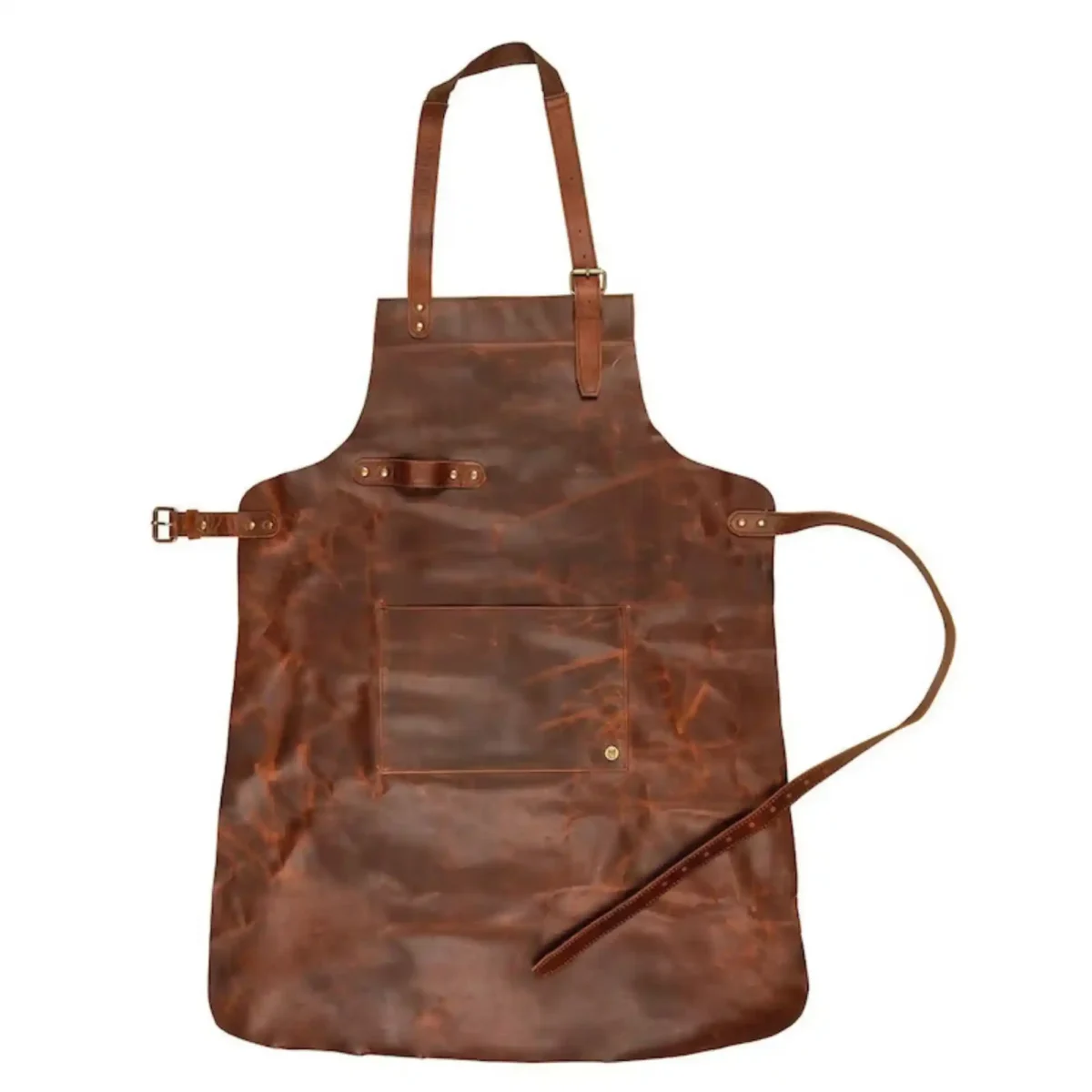
Benefits
The versatility of types of aprons ensures they offer benefits across various settings. Whether it’s a classic bib apron for cooking or a heavy-duty workshop apron for crafting, aprons cater to diverse needs. Choosing the best fabric for aprons, such as durable polyester or breathable cotton, enhances comfort and longevity. From full-coverage bib styles to trendy waist aprons, different types of apron accommodate individual preferences. The usage of apron is multifaceted, providing protection against stains and spills in kitchens, safeguarding clothing from debris in workshops, and maintaining hygiene standards in various environments. Embracing aprons brings convenience, cleanliness, and peace of mind to daily activities.
Usage
The usage of apron extends across diverse environments and tasks, reflecting the versatility of these garments. In kitchens, various types of aprons like bib, waist, or cobbler aprons serve to shield clothing from stains and spills during cooking and food preparation. The best fabric for aprons varies depending on the intended usage; cotton for comfort in culinary settings, while heavy-duty fabrics like canvas or leather offer durability in workshops. Whether worn by chefs, artisans, or craftsmen, aprons provide a layer of protection, enhancing cleanliness and safety during daily activities. Embracing the utility of aprons ensures efficiency and peace of mind in various endeavors.
Leather Aprons
Leather aprons offer a unique option among the types of aprons, renowned for their durability and rugged aesthetic. Considered one of the best fabric for aprons, leather provides exceptional resistance to wear and tear, making it ideal for demanding tasks. From classic bib designs to trendy waist aprons, leather aprons come in different types of apron styles to suit various preferences. The usage of apron spans across culinary, crafting, and industrial fields, offering protection against stains, spills, and potential hazards while adding a touch of sophistication to attire. Embracing leather aprons brings both style and functionality to daily activities.
Benefits
Aprons provide numerous advantages across different environments, reflecting the diversity of types of aprons available. Choosing the best fabric for aprons, such as durable cotton or versatile polyester, ensures both comfort and longevity. Whether it’s a classic bib apron for culinary tasks or a heavy-duty workshop apron for crafting, the various types of apron cater to specific needs. The usage of apron is multifaceted, offering protection against stains, spills, and potential hazards while maintaining cleanliness and hygiene standards. Embracing aprons in daily activities enhances comfort, convenience, and peace of mind, making them indispensable garments in various settings.
Usage
The usage of apron extends across diverse environments and tasks, reflecting the versatility of these garments. In kitchens, various types of aprons like bib, waist, or cobbler aprons serve to shield clothing from stains and spills during cooking and food preparation. The best fabric for aprons varies depending on the intended usage; cotton for comfort in culinary settings, while heavy-duty fabrics like canvas or leather offer durability in workshops. Whether worn by chefs, artisans, or craftsmen, aprons provide a layer of protection, enhancing cleanliness and safety during daily activities. Embracing the utility of aprons ensures efficiency and peace of mind in various endeavors.
Denim Aprons
Denim aprons offer a fashionable and robust option among the diverse types of aprons available. Considered one of the best fabric for aprons, denim provides both durability and a trendy aesthetic, making it suitable for a range of tasks. From classic bib styles to modern waist aprons, denim aprons come in various types of apron designs to cater to different preferences. The usage of apron spans across culinary, crafting, and industrial fields, offering protection against stains, spills, and potential hazards while maintaining a stylish appearance. Embracing denim aprons combines both fashion and functionality in daily activities.
Benefits
Aprons offer a multitude of benefits across various settings, reflecting the diversity of types of aprons available. Selecting the best fabric for aprons, such as durable cotton or stylish denim, ensures both comfort and durability. Whether it’s a classic bib apron for cooking or a rugged workshop apron for crafting, the different types of apron cater to specific needs. The usage of apron is versatile, providing protection against stains, spills, and potential hazards while maintaining cleanliness and hygiene standards. Embracing aprons in daily activities enhances comfort, convenience, and peace of mind, making them indispensable garments in diverse environments.
Usage
The usage of apron extends across diverse environments and tasks, reflecting the versatility of these garments. In kitchens, various types of aprons like bib, waist, or cobbler aprons serve to shield clothing from stains and spills during cooking and food preparation. The best fabric for aprons varies depending on the intended usage; cotton for comfort in culinary settings, while heavy-duty fabrics like canvas or leather offer durability in workshops. Whether worn by chefs, artisans, or craftsmen, aprons provide a layer of protection, enhancing cleanliness and safety during daily activities. Embracing the utility of aprons ensures efficiency and peace of mind in various endeavors.
Linen Aprons
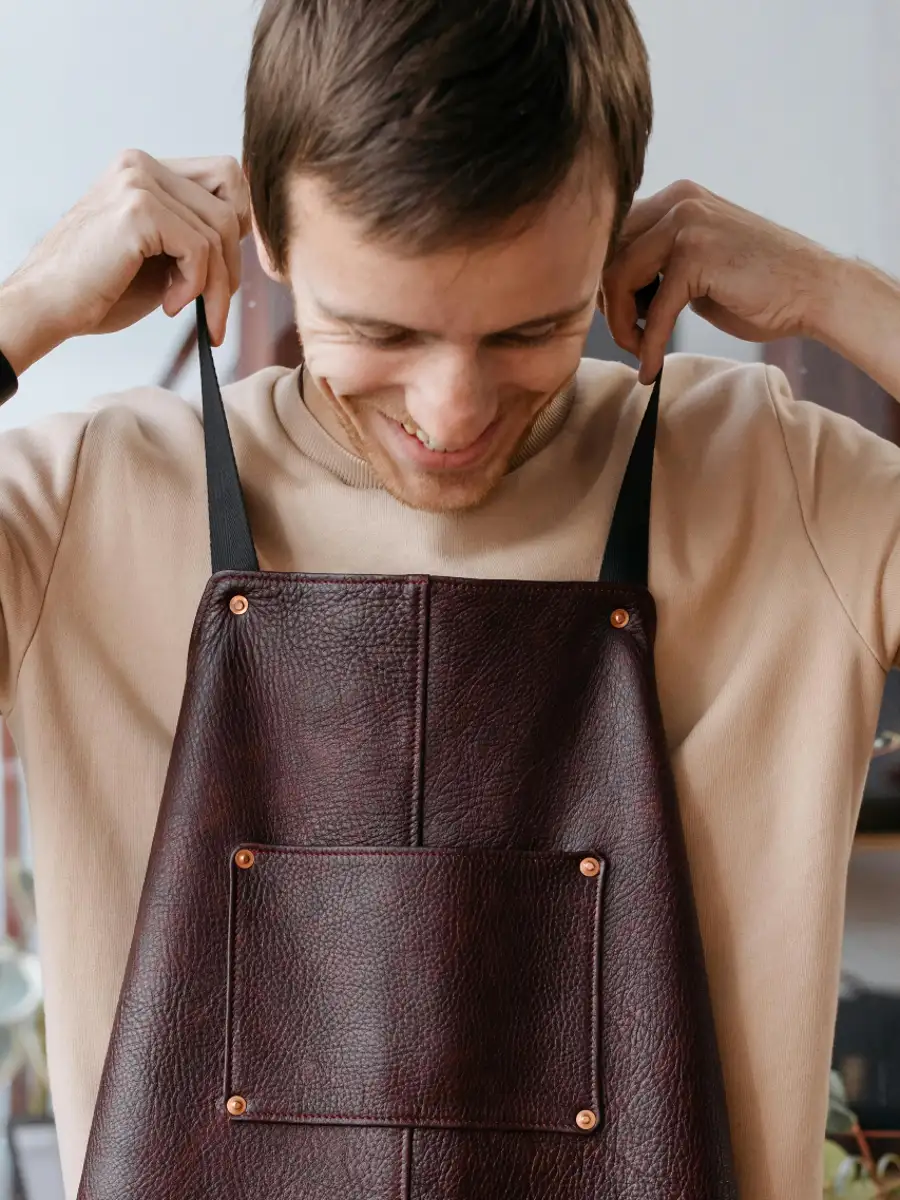
Linen aprons offer a sophisticated and practical option among the diverse types of aprons available. Considered one of the best fabric for aprons, linen combines elegance with durability, making it suitable for a range of tasks. From classic bib styles to modern waist aprons, linen aprons come in various types of apron designs to cater to different preferences. The usage of apron spans across culinary, crafting, and domestic fields, offering protection against stains, spills, and potential hazards while maintaining a refined appearance. Embracing linen aprons combines both style and functionality in daily activities.
Benefits
Aprons offer numerous advantages across various settings, reflecting the diversity of types of aprons available. Choosing the best fabric for aprons, such as durable cotton or elegant linen, ensures both comfort and longevity. Whether it’s a classic bib apron for cooking or a heavy-duty workshop apron for crafting, the various types of apron cater to specific needs. The usage of apron is multifaceted, providing protection against stains, spills, and potential hazards while maintaining cleanliness and hygiene standards. Embracing aprons in daily activities enhances comfort, convenience, and peace of mind, making them indispensable garments in diverse environments.
Usage
The usage of apron extends across diverse environments and tasks, reflecting the versatility of these garments. In kitchens, various types of aprons like bib, waist, or cobbler aprons serve to shield clothing from stains and spills during cooking and food preparation. The best fabric for aprons varies depending on the intended usage; cotton for comfort in culinary settings, while heavy-duty fabrics like canvas or leather offer durability in workshops. Whether worn by chefs, artisans, or craftsmen, aprons provide a layer of protection, enhancing cleanliness and safety during daily activities. Embracing the utility of aprons ensures efficiency and peace of mind in various endeavors.
When selecting an apron, it’s essential to consider various factors to ensure it meets your specific needs. Firstly, understand the different types of aprons available, including bib, waist, and cobbler styles, each offering unique coverage and functionality. Secondly, determine the best fabric for aprons based on your intended usage; options range from durable canvas and stylish denim to comfortable cotton and elegant linen. Consider the intended usage of apron – whether it’s for cooking, crafting, or industrial tasks – to ensure it provides adequate protection and functionality. Additionally, assess the features such as pockets, adjustable straps, and easy cleaning methods to enhance convenience and usability. Understanding what are aprons and their role in safeguarding clothing from stains, spills, and potential hazards is crucial in making an informed decision. By considering these features, you can choose an apron that meets your requirements and enhances your efficiency and comfort in various activities.
In conclusion, aprons play a vital role in various settings, offering protection, functionality, and style. Understanding the different types of aprons available, such as bib, waist, and cobbler styles, allows individuals to choose the most suitable option for their needs. Selecting the best fabric for aprons is equally important, considering factors like durability, comfort, and ease of maintenance. Whether it’s in the kitchen, workshop, or studio, the usage of apron remains consistent – providing a protective barrier against stains, spills, and potential hazards while maintaining cleanliness and hygiene. Aprons serve as essential garments, safeguarding clothing and enhancing efficiency in daily activities. Knowing what are aprons and their role in preserving attire underscores their significance in diverse environments. By considering these factors, individuals can confidently select aprons that meet their requirements and contribute to a comfortable and productive experience.
FAQs
There are several types of aprons, each designed for specific tasks and preferences. Common types include bib aprons, which provide full coverage of the front torso and often have adjustable neck straps; waist aprons, which cover the lower torso and are typically worn for lighter tasks; cobbler aprons, featuring front and back panels that wrap around the sides; and smock aprons, favored for their full-length coverage and often used in art studios or workshops. These variations cater to different needs, offering options for protection, comfort, and style in various environments.
A 4-way apron is a versatile garment designed to be worn in multiple configurations, providing flexibility and functionality. This apron typically features straps that can be adjusted and secured in various ways, allowing the wearer to customize the fit and coverage according to their preferences and needs. With its adaptable design, a 4-way apron can be worn as a traditional bib apron with full front coverage, a waist apron with partial coverage, a cross-back apron for added comfort, or even as a smock-style apron for full-body protection. Its versatility makes it a popular choice among individuals seeking a multi-functional apron solution.
Short aprons are commonly referred to as waist aprons or half aprons. These aprons typically cover the lower torso, extending from the waist down to the upper thighs or knees. Waist aprons are favored for their convenience and mobility, as they provide protection to the wearer’s clothing while allowing for greater freedom of movement compared to full-length aprons. They are frequently used in environments where lighter protection is sufficient, such as in restaurants, bars, cafes, or during light household chores. Waist aprons come in various styles and materials, catering to different preferences and practical needs.
Aprons serve a multitude of purposes across various environments. In kitchens, they shield clothing from stains, spills, and heat during cooking and food preparation. In workshops, aprons protect against dust, debris, and potential hazards during crafting or industrial tasks. Artists and craftsmen use aprons to keep their attire clean while painting, sculpting, or working with materials. In healthcare settings, aprons provide a barrier against contaminants and fluids during medical procedures. Additionally, aprons are used in hospitality, gardening, and cleaning tasks to maintain cleanliness and hygiene. Their versatile nature makes them indispensable garments in numerous professions and daily activities.

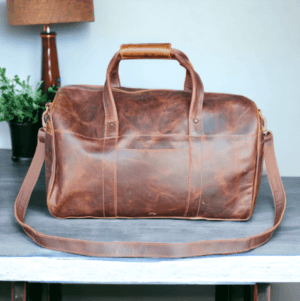
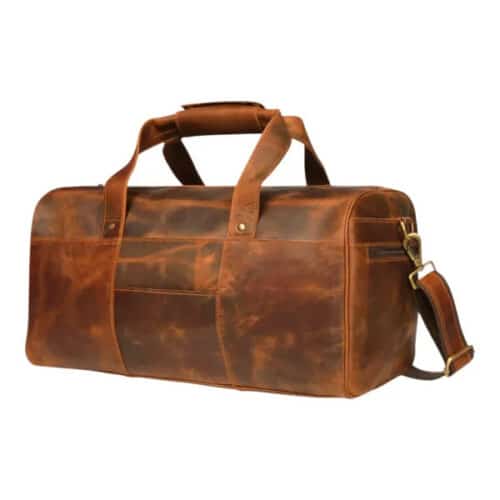


7 in stock
$140.00 – $160.00Price range: $140.00 through $160.00
8 in stock
$150.00 Original price was: $150.00.$69.00Current price is: $69.00.

